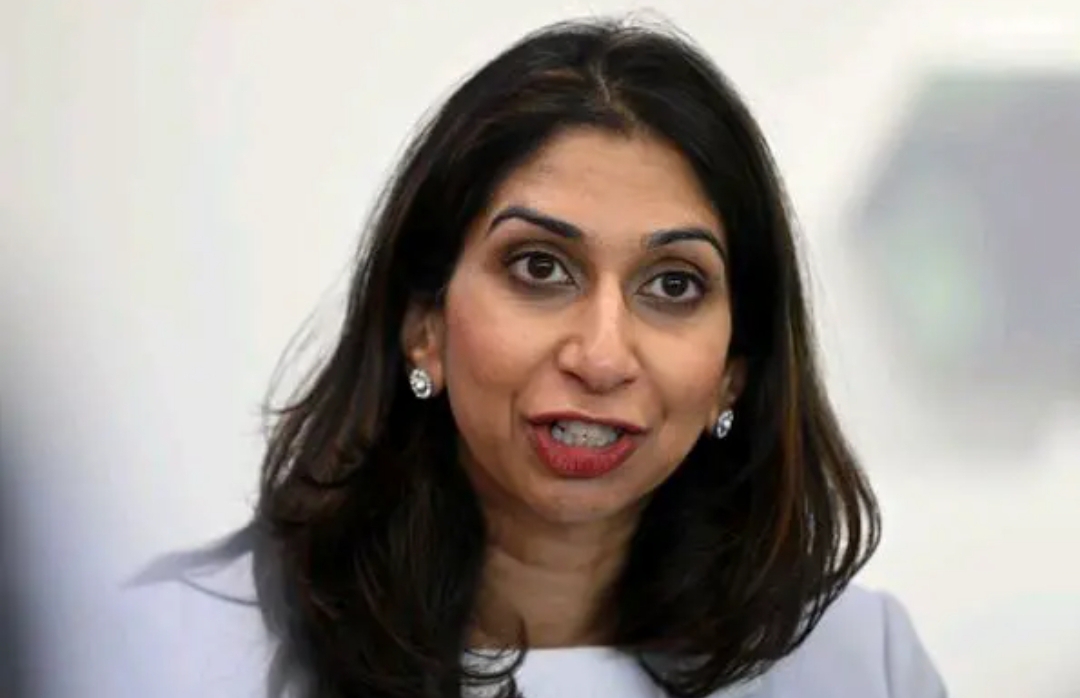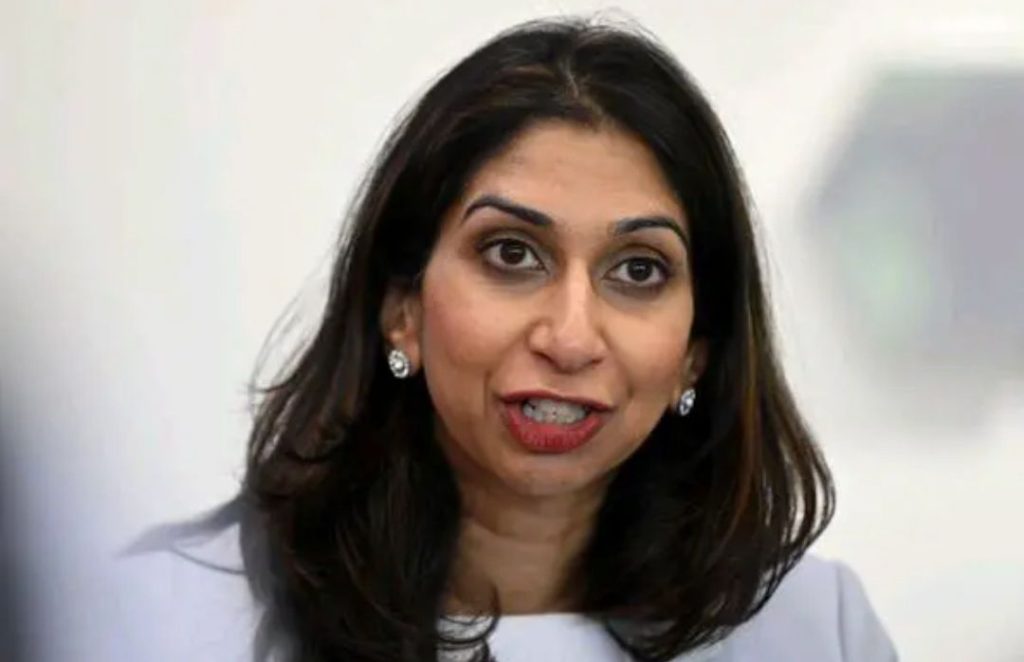Suella Braverman’s Claims Islamist Extremists Are In Control Of Britain, See What People Are Saying

Former Home Secretary Suella Braverman has sparked a political firestorm with her assertion that Islamist extremists are now in control of Britain. In a dramatic turn of events following a tumultuous parliamentary session, Braverman’s controversial remarks have sent shockwaves across the political landscape, prompting intense debate and scrutiny.

According to GB News, The genesis of this controversy can be traced back to a heated parliamentary debate on a ceasefire in Gaza. Speaker Lindsay Hoyle found himself at the center of criticism for his handling of the proceedings, particularly his decision to break with protocol and select both a Labour and a Government amendment to the motion. This unprecedented move led to a walkout by MPs from the Scottish National Party (SNP) and the Conservative Party, further exacerbating tensions within the House of Commons.
Braverman wasted no time in unleashing a scathing critique, singling out Sir Keir Starmer, leader of the Labour Party, for his alleged ties to extremists. She accused Starmer of being “in hock” to these forces and asserted that they have not only infiltrated the Labour Party but also wield influence over key institutions and the country as a whole. Her warning of the nation “sleepwalking into a ghettoized society” struck a chord with many, raising concerns about the erosion of free expression and democratic values.
The fallout from Braverman’s statement has been swift and far-reaching. Starmer and Hoyle have vehemently denied her allegations, with Starmer insisting that he sought only to broaden the debate and did not engage in any backroom dealings to influence the Speaker’s decision. Prime Minister Rishi Sunak weighed in on the controversy, expressing concern over the handling of the parliamentary vote and cautioning against succumbing to pressure from extremists. Home Secretary James Cleverly echoed similar sentiments, emphasizing the importance of parliamentarians acting based on their convictions rather than bending to intimidation.
The implications of Braverman’s assertion are profound and have reignited a broader conversation about the role of extremists in influencing political decisions and the integrity of democratic processes. The events unfolding in the House of Commons underscore the delicate balance that political leaders must strike in navigating sensitive issues while upholding the principles of democracy.
As the dust settles on this latest political storm, the rhetoric and actions of key figures will continue to shape the discourse on national security, free expression, and the resilience of democratic institutions in the face of external pressures. The coming days and weeks are sure to bring further developments as the nation grapples with the aftermath of Braverman’s incendiary statement and seeks to reaffirm its commitment to democratic values.




